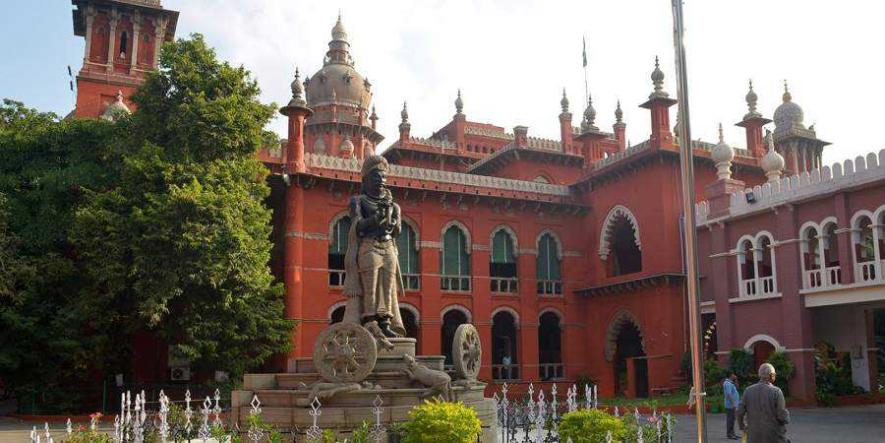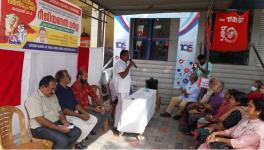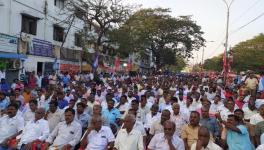Madras HC Stays TN Govt’s Decision to Include Auto Component Industry Under Public Utility Service

Image Coutesy: The New Indian Express
Madras High Court yesterday (August 1) issued an interim stay on the Tamil Nadu government's order which put the auto component industry under public utility service. The labour and employment department had issued the notification listing the auto components manufacturing industry as a public utility service under the Industrial Disputes Act, 1947, on July 3. Left organisations had expressed their concerns over the move citing the workers' rights. The stay was issued on a petition filed by Kovai Mavatta Pricol Thozhilalar Otrumai Sangham (Coimbatore District Pricol Workers Union) affiliated to All India Central Council of Trade Unions (AICCTU).
As per the government order, the auto components industries would be granted the status of public utility service within a period of six months. Original equipment manufacturers already have this privilege in the state now.
The move comes in the backdrop of increasing union activities in the auto component manufacturing sector. In recent times, many companies faced severe crisis after the workers went on strike against their anti-worker policies. In cases like Pricol and Asahi, the government had to intervene and resolve the issue.
Also read: TN Automotive Workers’ Protests Continue, Asahi Workers on Strike Against Unlawful Suspension
The high court accepted the petitioner's argument that auto component industry is not a public utility industry in any way and that it can only be certified as one only if there is a public emergency.
No strikes allowed
In the international summit of investors held in January, the state had secured an investment of Rs 3.4 lakh crore. The main slogan of the government to attract investors was that the state is highly industry friendly. But the rising union activities had caused serious hindrances for corporations and the government alike.
When an industry is deemed as a public utility service, no strikes are allowed without giving a six week prior notice to the management. Also, it is illegal for the workers to go on strike within two weeks of the date since the notice is given. Workers cannot strike during the conciliation process or within 7 days of the conclusion of conciliation. By making auto component manufacturing a public utility service, the workers’ right to strike was effectively curtailed.
The rising use of automation technologies and the implementation of National Employability Enhancement Mission (NEEM) scheme had increased the workers’ stress. The recent rise in protests can also be seen in this context. In many companies, the workers have to go through severe harassment in the hands of management for unionising and organising protests.
The interim stay has temporarily halted the government's move to aid the corporates.
Get the latest reports & analysis with people's perspective on Protests, movements & deep analytical videos, discussions of the current affairs in your Telegram app. Subscribe to NewsClick's Telegram channel & get Real-Time updates on stories, as they get published on our website.
























